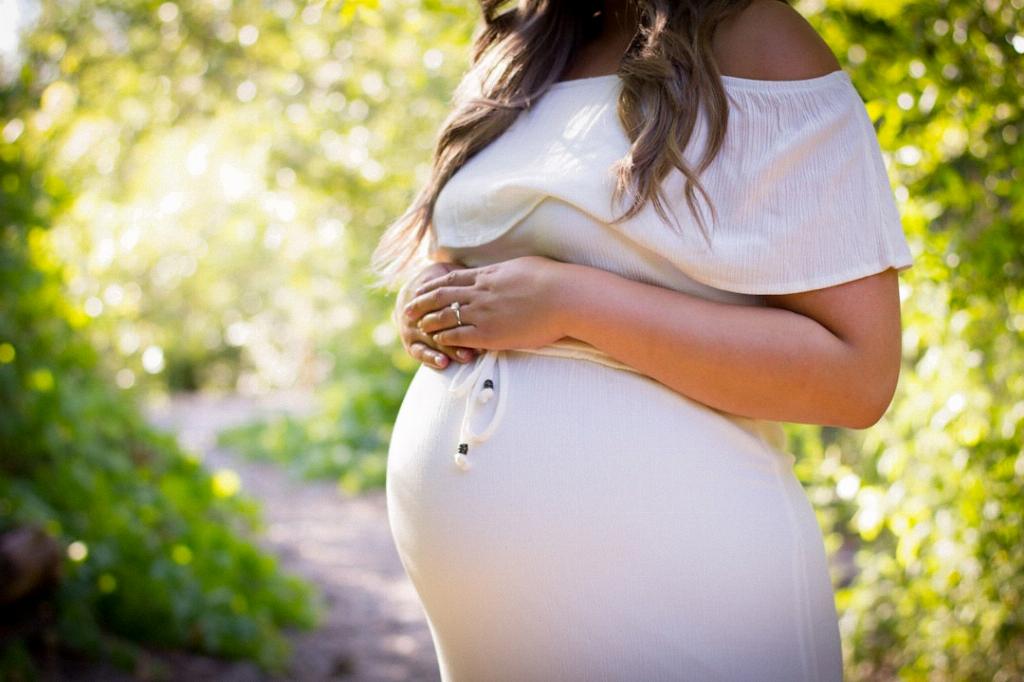Experiencing changes in bowel movements during pregnancy is quite common and, in most cases, is nothing serious. Loose stools or diarrhea can occur due to various reasons, including hormonal changes, dietary adjustments, or even stress. However, it is essential to pay attention to the frequency and severity of this symptom.
Causes of Loose Stools in Pregnancy
Loose stools during pregnancy can be triggered by a variety of factors. Hormonal shifts, prenatal vitamins, dietary changes, and increased sensitivity to certain foods are just a few potential culprits. Additionally, infections, such as bacterial or viral gastroenteritis, can also lead to diarrhea.
When to Consult Your Healthcare Provider
If you are experiencing persistent diarrhea that doesn’t resolve on its own within a couple of days, it is advisable to seek guidance from your healthcare provider. They can evaluate the situation and determine the underlying cause of your loose stools. In cases where an infection is suspected, medical intervention may be necessary.
Monitoring Your Symptoms
It is crucial to monitor your symptoms closely and look out for any signs of dehydration. Diarrhea can lead to fluid loss, which is especially concerning during pregnancy. Make sure to stay hydrated by drinking plenty of water and electrolyte-rich fluids to prevent complications.
Treatment Options
The treatment for loose stools during pregnancy depends on the root cause of the issue. If your diarrhea is caused by a bacterial or parasitic infection, your healthcare provider may prescribe antibiotics. However, if a viral infection is to blame, antibiotics would not be effective in this scenario.
Ensuring Proper Nutrition
Maintaining a balanced and nutritious diet is essential during pregnancy, even when dealing with loose stools. Opt for easily digestible foods, such as bananas, rice, applesauce, and toast (BRAT diet), to help settle your stomach. Avoid spicy, greasy, or overly processed foods that may exacerbate gastrointestinal distress.
Managing Stress Levels
Stress can also contribute to digestive issues, including diarrhea. Find ways to relax and de-stress, whether through gentle exercises like prenatal yoga, mindfulness techniques, or simply enjoying a warm bath. Prioritizing self-care can help alleviate gastrointestinal discomfort.
Importance of Prenatal Vitamins
Prenatal vitamins are essential for the health of both you and your growing baby. However, certain formulations may be harsh on the stomach and contribute to digestive disturbances. If you suspect that your prenatal vitamins are causing loose stools, consult your healthcare provider to explore alternative options.
Seeking Professional Guidance
Your healthcare provider is your best resource when it comes to managing gastrointestinal issues during pregnancy. Be open and honest about your symptoms, concerns, and any potential triggers you have identified. Together, you can develop a plan to address your digestive health while prioritizing the well-being of your baby.
Final Thoughts on Loose Stools in Pregnancy
In conclusion, while encountering loose stools during pregnancy can be unsettling, it is often a manageable and temporary issue. By staying attentive to your symptoms, seeking timely medical advice when needed, and adopting healthy lifestyle practices, you can navigate this common aspect of pregnancy with confidence.

